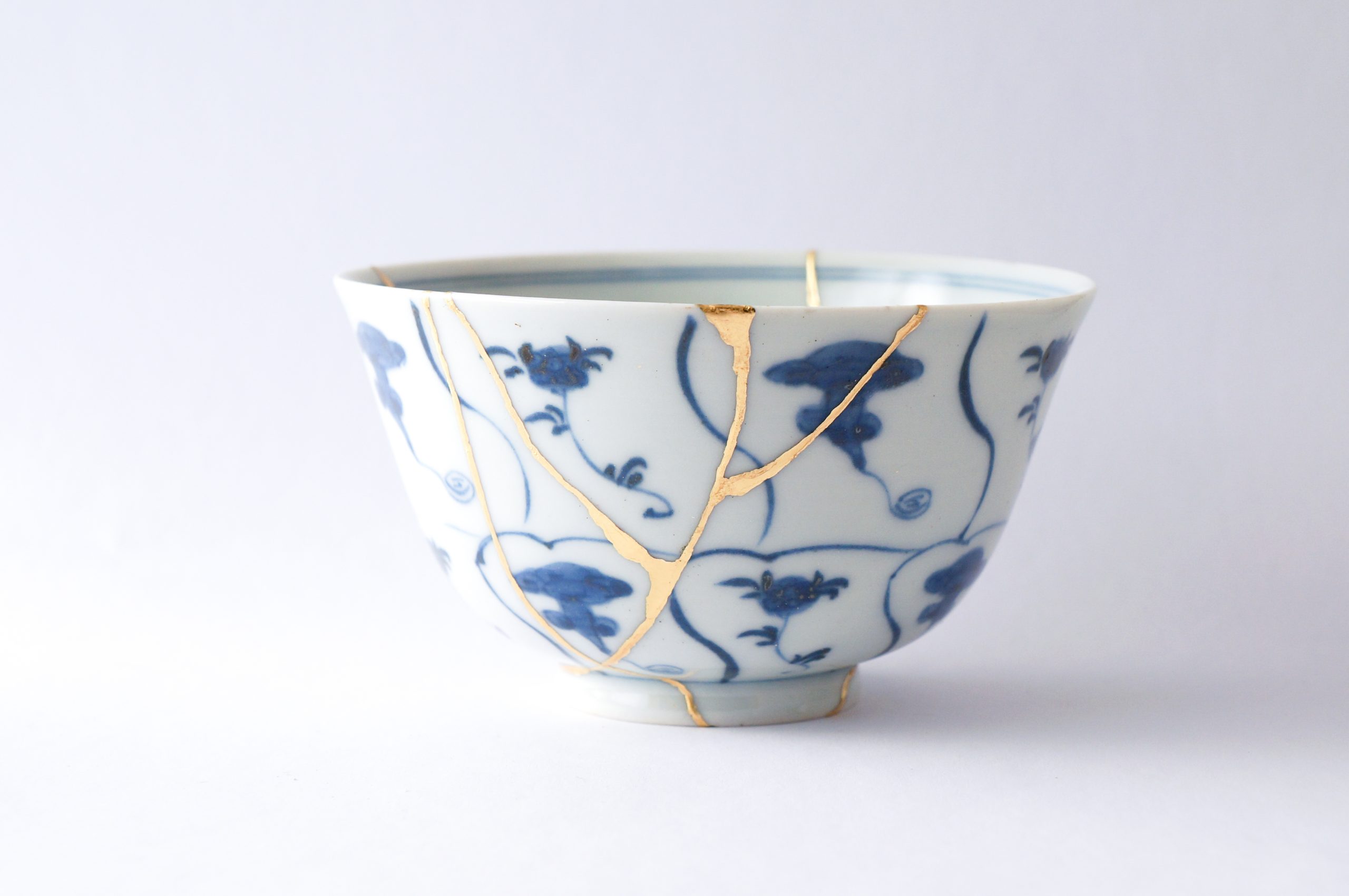This will probably be a familiar refrain to many of you: ‘Everything will be okay as long as I smile, think positively and forgive people who have done me wrong.’
Life can be very unfair and, when it is, suggestions to simply walk ‘on the sunny side of the street’ seem impossible and, dare we say, a little patronising. Bashing the idea of ‘positive thinking’ is commonplace but it has resulted, however, in the branch of psychology known as positive psychology coming in for similarly harsh criticism.
The second wave of positive psychology
Not to be confused with the superficial ‘pop’ psychology that is a staple of everything from lifestyle magazines to podcasts and TV shows, positive psychology is a legitimate area of research. Broadly it is the study of human strengths that create a pleasant, engaged and meaningful life.
Psychologists Itai Ivtzan and Tim Lomas from the University of East London have explored this interesting area and have developed what they term the ‘second wave’ of positive psychology. They combined techniques designed to increase happiness with methods of dealing with suffering and adversity, aiming to create a more realistic interpretation of positive psychology.
Ivtzan and Lomas argue that the foundation of the second wave perspective is this: in life, it can often be difficult to determine whether a situation is positive or negative.
Focus on positive situations, not positive thoughts
In his book, ‘The Way of the Sufi’ Idries Shah illustrates the concept perfectly through a traditional tale of a farmer whose son breaks his leg after falling from his horse.
The farmer’s neighbours come round to commiserate but the farmer stops them by saying, ‘maybe this is a bad situation and maybe not.’
The following day, the army is press-ganging recruits from the farmer’s village. They avoid the farmer’s son because of his broken leg. When his neighbours congratulate him on his good fortune, the farmer again replies, ‘maybe, let’s see.’
The value of negative emotions

To Ivtzan and Lomas this highlights the difficulty of assessing whether a situation is positive. They argue that seemingly ‘negative’ emotions can have intrinsic value.
For example, anger is a justifiable response to injustice which can, when properly channelled, drive us to change the world for the better. Equally, sadness is a common reaction to a loss which can lead us to a place where we appreciate the real treasures in our lives like good friends.
Kintsugi and precious scars
In a 2018 lecture, Ivtzan compared these situations to the Japanese art of Kintsugi.
Here broken pottery is not repaired in a way that hides the joins. Rather the restoration is made obvious, often using gold coloured glue to highlight what are described as ‘precious scars’.
The philosophy is that heartache, mistakes and failure are part of life. When we pick ourselves up, we should not seek to mask the challenges we have faced. We should not feel compelled to display a perpetually sunny disposition and behave as if they never happened.
Rather, we recognise them and acknowledge our resilience and what we have learned in much the same way that the Japanese celebrate the mending of broken pottery.
Is it time you started to value your precious scars?
Do you feel like you need help dealing with difficult experiences?
The Spark has been providing counselling for individuals, couples, families and children for over 50 years. We offer a safe, private place to work through the issues that are causing you distress and unhappiness like relationship problems, depression, anxiety, stress or family conflict. While we cannot make the scars invisible, we can help them to heal and serve a positive purpose.
Find out more about our counselling services for individuals and couples, families and children or call us on freephone 0808 802 2088 to discuss how counselling could help you.

